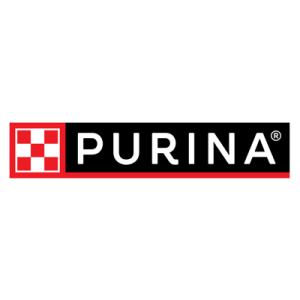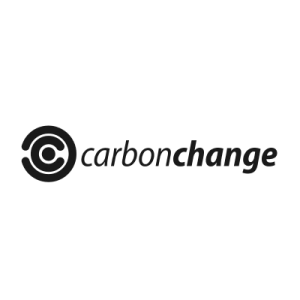Hungary
Towards a resilient agricultural supply chain
LENs Hungary is being implemented in the Western Transdanubia region of Hungary. The landscape in this region has a long history of intensive agriculture, with farmers facing multiple challenges, including moisture retention, waterlogging, soil loss and nutrient depletion. Nestlé Purina, an important purchaser of crops in this region, currently forms the sole demand party and trade facilitation is provided by Preferred by Nature, with support from 3Keel. French organisation, Biospheres, a regenerative agriculture consulting company, and Preferred by Nature, have teamed up to explore and test innovative agronomic and environmental practices at farm level. Biospheres designs and implements the trials, while Syngenta Hungary monitors the outcomes. LENs Hungary is supported by the Hungarian Ministry of Agriculture, with technical advice on harmonisation of measures with agricultural practices.
2023 funding has been invested in regenerative practices on 5,171 hectares of arable land, focused on in-field soil management and crop production measures, including:
- Reduced cultivation or no-till: to improve soil health, increase organic carbon content and support soil biology development, which leads to better soil structure and water infiltration. This helps deeper plant root penetration for better access to water and nutrients, leading to more stable yields in challenging conditions, like drought.
- Summer and winter cover crops grown between two primary cash crops: to increase soil organic matter and fertility, reduce erosion, improve soil structure, promote water infiltration, and limit pest and disease outbreaks.
- Soil pH management: reduced cultivation practices and residue retention on the topsoil, to increase pH and create a favourable habitat for beneficial soil life and aggregate formation. Soil pH management is crucial in Western Hungary due to predominantly acidic, clay, silt and pebble soils with weak structure. Soil acidity can lead to nutrient deficiency and hinder microbial activity, resulting in reduced crop yields and decreased legume nodulation. LENs supports regular application liming at low rates with the aim to boost fertilisers’ efficiency and reducing fertiliser expenses and environmental pollution.
- HuminAqua system application trial: a bio-stimulant that enables the use of smaller amounts of fertilisers, boosts yield, and improves the nutrient content of produce. It aims to reduce farm-level carbon footprint, as it reduces the need for carbon-intensive synthetic fertilisers. It also enriches soils, helping to maintain soil fertility and improve the soil’s ability to hold water.
- Use of SOBAC composting system to increase biological efficiency of manure. Inoculant is applied to straw bedding with a further dose applied to the manure when it is removed. The inoculated manure matures to compost within 6-12 months and is spread at a rate of 10 to 15 tonnes per hectare, without incorporation.
- Plant grass or wildflower strips in arable fields and/or in margins: to provide habitat for pollinating insects. Wildflower strips may also provide habitat for predatory insects, which can contribute to in-field pest control, as well as acting as buffers to help reduce the quantity of sediment, nutrients and pesticides washed into waterways by runoff.
A Farmers Network has been established to facilitate experience and knowledge exchange around regenerative agriculture. LENs Hungary provides regular training sessions to the farmers online as well as in person, facilitated by Preferred by Nature and Biospheres. So far, training has covered soil structure and fertility improvement – with the involvement of Hungary’s leading soil scientist – and cover crop management. The sessions are also open to farmers who are interested in applying regenerative agriculture practices but who are not yet formally in the trades.
Please contact lenshungary@preferredbynature.org, or use our contact form here, if you would like to know more about the Hungarian LENs program.
At a glance
Where Hungary, with trades focused in the West Transdanubia region
Who Nestlé Purina, with co-ordination provided by Preferred by Nature and 3Keel. Key delivery partner is Biospheres
What Focus on resilient agriculture, improving factors such as moisture retention, waterlogging, soil loss and nutrient management
Download the LENs Hungary factfile here for more information.








